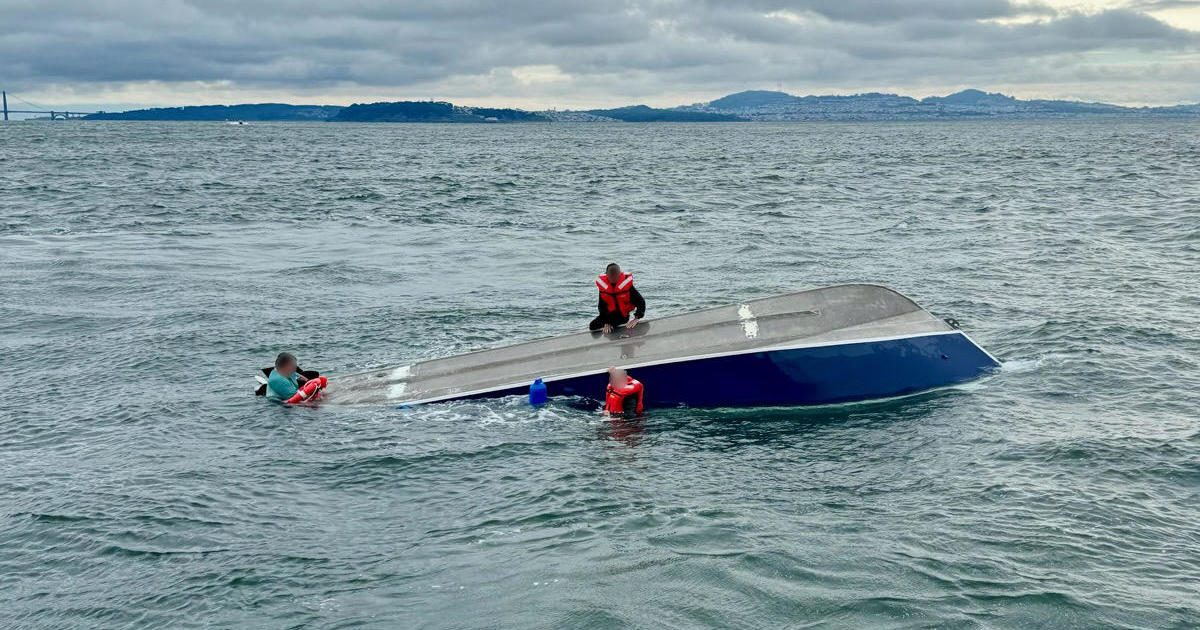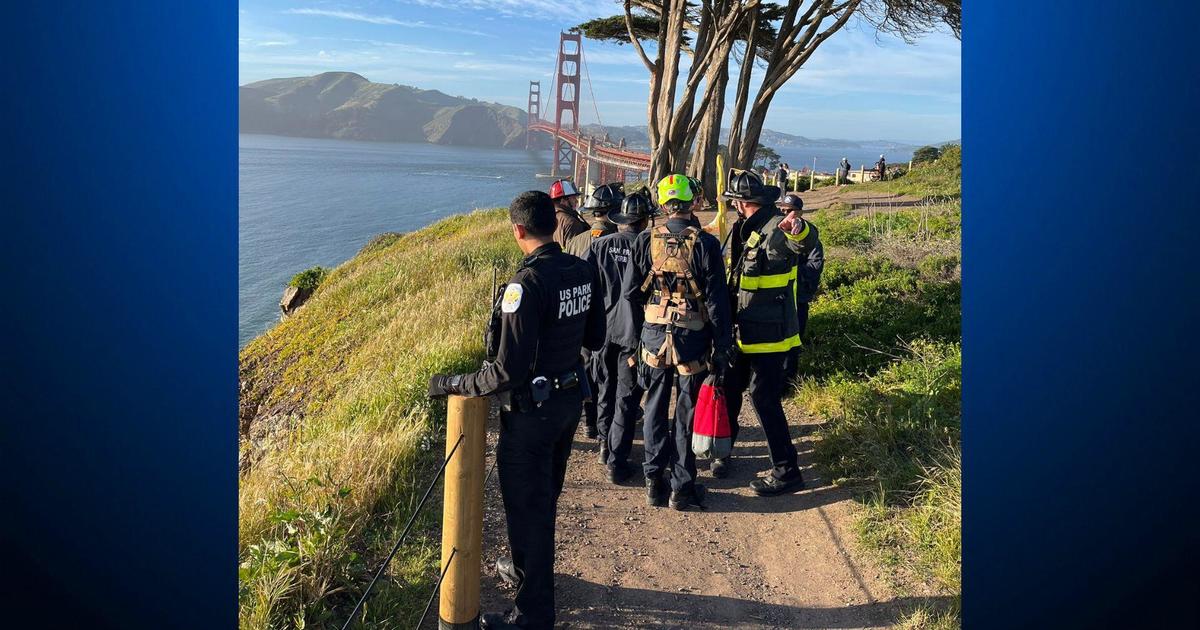Does Lack Of Snow Equal Tiny Waterfalls In Yosemite?
KPIX 5 Morning Weather Anchor Roberta Gonzales answers the questions you never get to ask on-air.
Q: So it snowed it Tahoe this past week. Did it help the drought? - Will Andrews, San Jose
A: Every bit helps. But it took us 4 years to get into our current drought state, and it's going to take more than one storm to get us out.
Since 1939, The United States Department of Agriculture has conducted snow surveys and issued regular water supply forecasts. A Report issued today by the USDA and the United States Department of Agriculture's Natural Resources Conservation (NRCS) says, the West-wide snowpack is melting earlier than usual. And that is NOT a good thing.
"Almost all of the West Coast continues to have record low snowpack," NRCS Hydrologist David Garen said. "March was warm and dry in most of the West; as a result, snow is melting earlier than usual."
Historically, April 1 is the peak snowpack. This year, we all saw Governor Brown standing on bare terrain in the mountains of Lake Tahoe. There was little snow accumulation in March, and much of the existing snow has already melted.
I have been told, a consequence of the early snowmelt is that Western states will have reduced streamflow later this spring and summer. I imagine this will dramatically impact the flow of the amazing and visually stimulating waterfalls at Yosemite.
In Western states where snowmelt accounts for the majority of seasonal water supply, information about snowpack serves as an indicator of future water availability. Streamflow in the West consists largely of accumulated mountain snow that melts and flows into streams as temperatures warm in spring and summer. The National Water and Climate Center scientists analyze the snowpack, precipitation, air temperature and other measurements taken from remote sites to develop the monthly water supply forecasts.
And why the monthly reports? The water supply forecast is part of several USDA efforts to improve public awareness and manage the impacts of climate change, including drought and other extreme weather events. And these reports are needed now more than ever before.
I would love to hear from you! Please send weather questions, observations and photos to me, Gonzales@kpix.cbs.com and I look forward to hearing from you!



